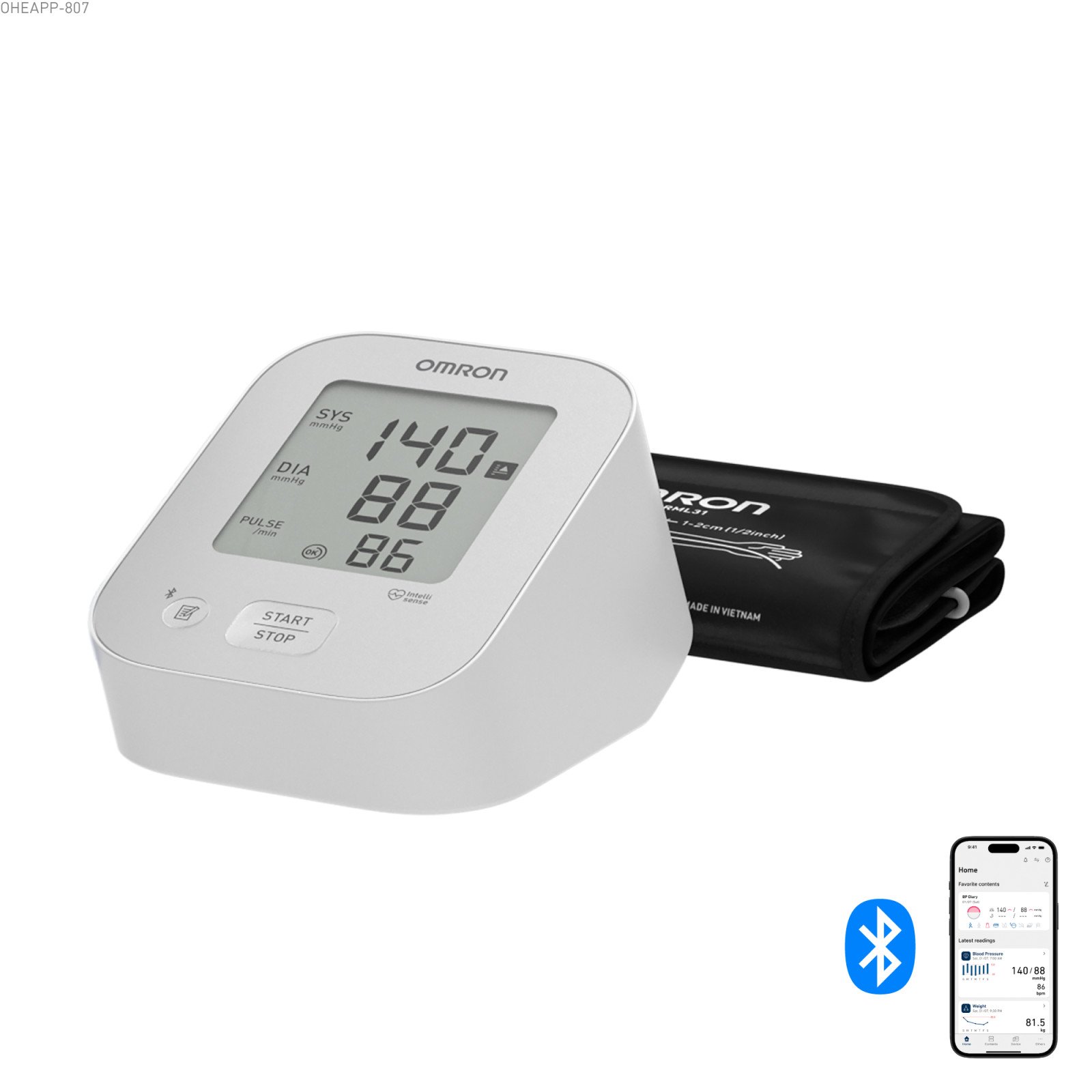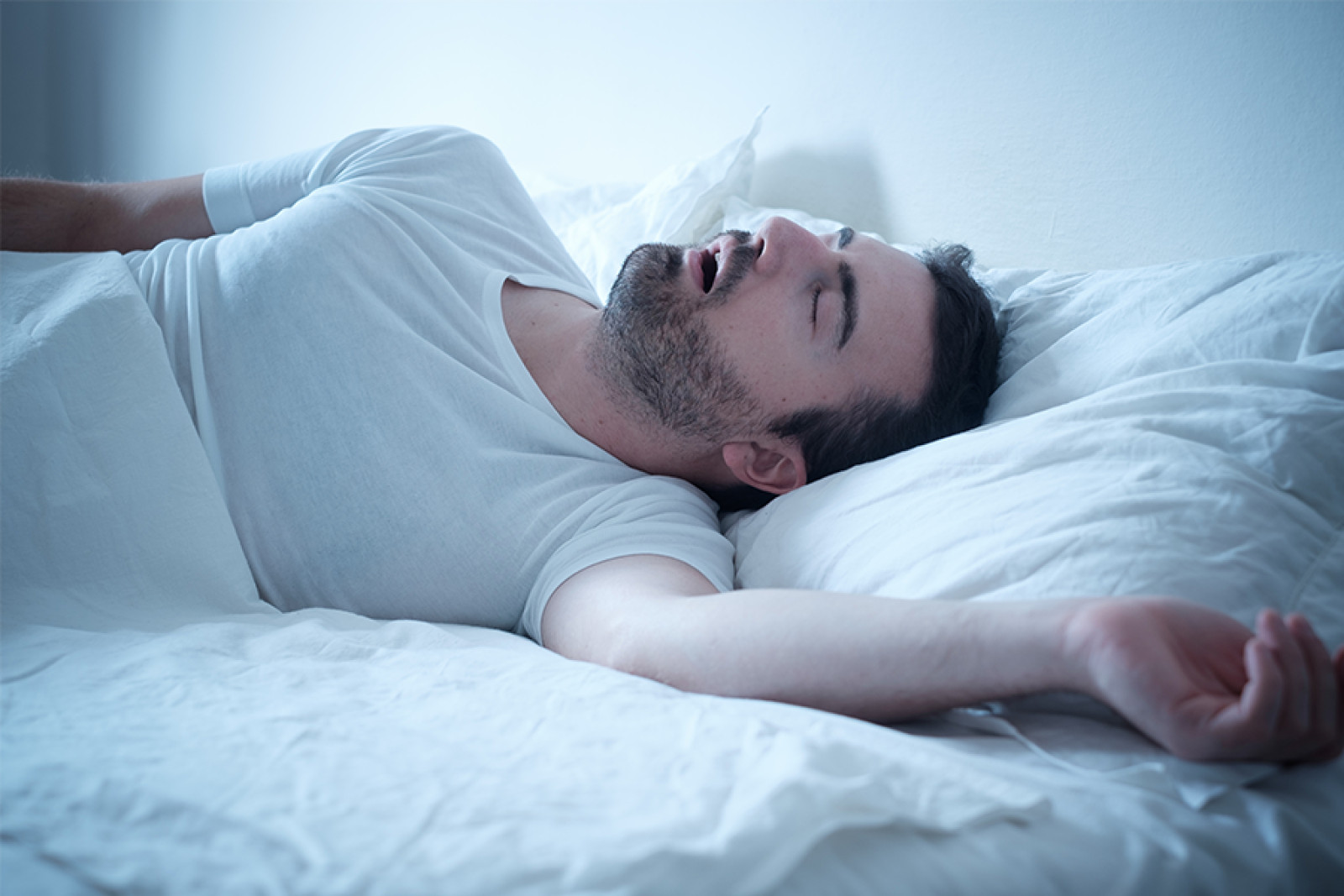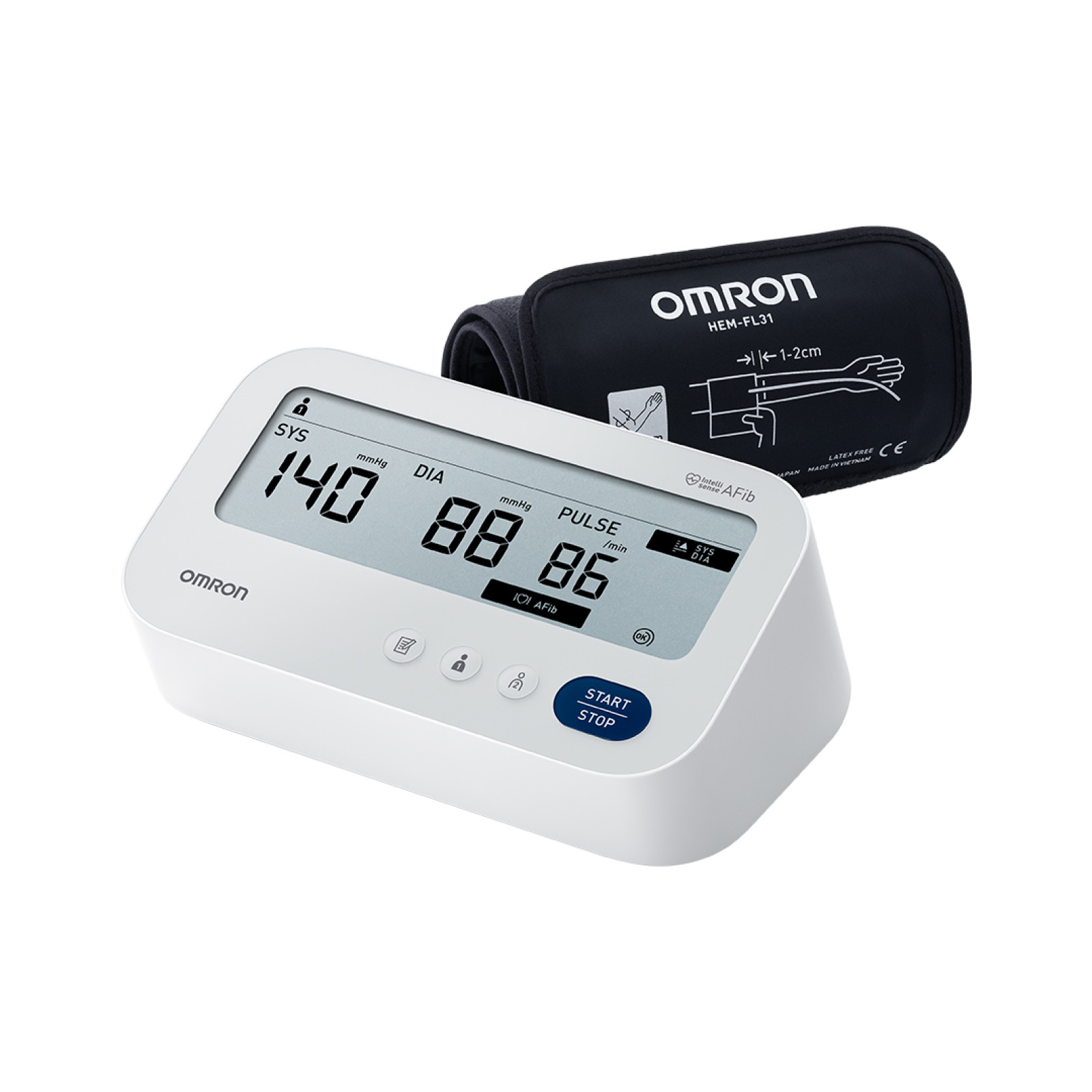
Blood Pressure Management
How Sleep Quality Impacts Your Blood Pressure and Heart Rate
Quality sleep is one of the most important foundations of cardiovascular well-being. During deep sleep, your heart rate naturally slows down, and blood pressure drops by 10–20% compared to daytime levels - a phenomenon known as “nocturnal dipping.” This nighttime reduction allows your heart and blood vessels to rest.

Why Sleep Matters for Your Cardiovascular Health
Quality sleep is one of the most important foundations of cardiovascular well-being. During deep sleep, your heart rate naturally slows down, and blood pressure drops by 10–20% compared to daytime levels - a phenomenon known as “nocturnal dipping.” This nighttime reduction allows your heart and blood vessels to rest.
When sleep is consistently disrupted, your body misses this recovery phase. Research shows that people who sleep less than 6 hours per night are 20% more likely to develop hypertension compared to those who sleep 7–8 hours (Cappuccio et al., European Heart Journal, 2007). In other words, how well you sleep directly influences how healthy your heart remains over time.
The Connection Between Sleep Deprivation and Palpitations
Many people notice palpitations from lack of sleep - that sudden feeling that your heart is racing or skipping beats. Poor sleep activates the body’s “fight-or-flight” system, raising adrenaline and cortisol levels. These stress hormones can overstimulate the heart, causing irregular or faster rhythms.
A study in the Journal of Clinical Sleep Medicine found that individuals with insomnia reported a twofold increase in the frequency of palpitations compared to those with healthy sleep patterns. While occasional palpitations are often harmless, persistent symptoms after nights of poor sleep should be discussed with a healthcare professional.
Can Lack of Sleep Cause High Blood Pressure?
The short answer is yes - does lack of sleep cause high blood pressure? It can. Even a single night of poor sleep may raise systolic blood pressure (the top number) by 5–10 mmHg the following day (Lusardi et al., Hypertension, 1996). When this pattern continues over weeks or months, it may contribute to chronic hypertension.
Long-term sleep deprivation also increases your risk of cardiovascular complications. Adults who routinely sleep fewer than 5 hours a night have been shown to have a 60% higher risk of developing hypertension compared to those with sufficient rest. This highlights why sleep is as important as diet and exercise in managing blood pressure.
Understanding Blood Pressure and Sleep Deprivation
The link between blood pressure and sleep deprivation is complex but clear. During inadequate sleep, the body’s sympathetic nervous system remains more active, leading to:
Higher heart rate variability
Increased vessel constriction
Reduced ability of blood vessels to relax
Over time, these physiological changes put extra strain on the cardiovascular system. For individuals already living with hypertension, sleep loss can further destabilize readings and make blood pressure more difficult to control.
Practical Tips for Tracking Your Health at Home
Monitoring your blood pressure at home gives you real-time insights into how sleep affects your cardiovascular system. When taking blood pressure at home or wanting to check blood pressure at home, consider these steps:
Consistency is key: Measure at the same time daily - preferably in the morning before caffeine or stress exposure.
Track your sleep quality: Keep a simple log of sleep duration and quality to identify patterns between poor nights and higher readings.
Repeat measurements: Take two or three readings a minute apart for more accurate results.
Stay relaxed: Sit quietly for 5 minutes before measurement to avoid artificially elevated numbers.
By doing so, you can see the direct link between sleep patterns and blood pressure changes in your own daily life.
Why It All Matters
When you put the pieces together - sleep quality, palpitations, and blood pressure control - the evidence is clear: sleep is not just rest, it is a regulator of heart health. Prioritizing good sleep habits and monitoring your heart metrics can help reduce the risk of long-term cardiovascular disease.
For those who want reliable tracking, using a trusted blood pressure monitor at home is an effective way to understand how sleep affects your cardiovascular system and to share accurate data with your healthcare provider.
Summary at a Glance
Poor sleep can trigger palpitations and raise blood pressure.
Even one night of sleep loss may increase systolic blood pressure by up to 10 mmHg.
Chronic sleep deprivation is linked to a 60% higher risk of hypertension.
Taking measurements at home helps you track these patterns more effectively.
References
Cappuccio, F.P., et al. (2007). Sleep duration and risk of hypertension: A systematic review and meta-analysis. European Heart Journal, 28(20), 2644–2651.
Lusardi, P., et al. (1996). Effects of insufficient sleep on blood pressure in hypertensive patients. Hypertension, 27(5), 1164–1169.
American Heart Association (2019). Lack of sleep and risk of high blood pressure.
Vgontzas, A.N., et al. (2009). Insomnia and risk of hypertension. Sleep, 32(4), 491–497.
Journal of Clinical Sleep Medicine (2018). Association of sleep disturbance with self-reported palpitations.

